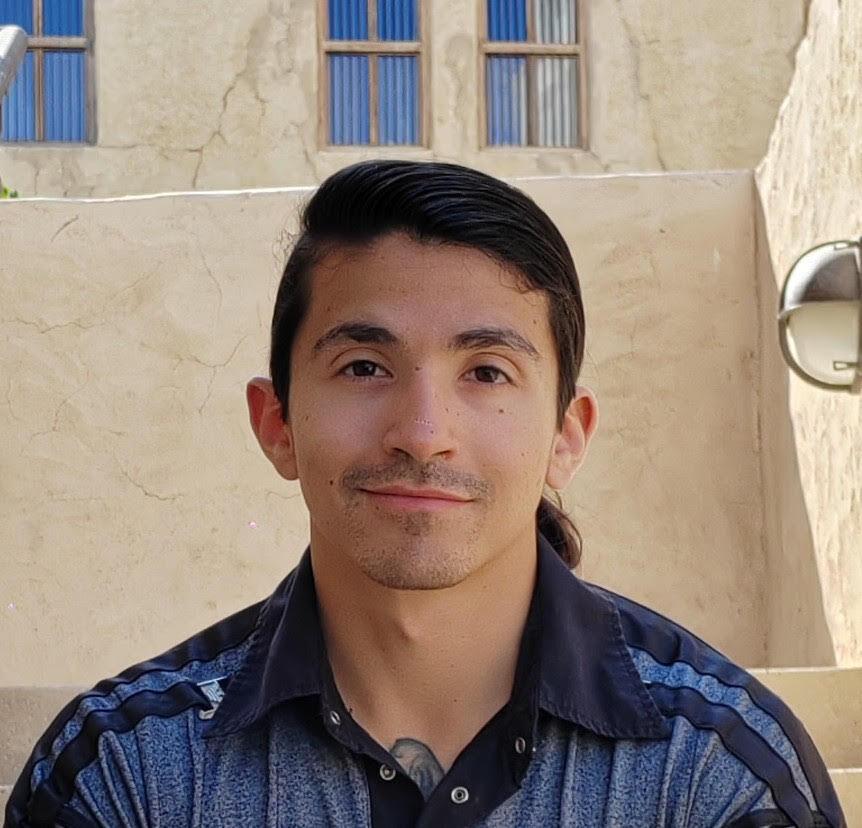Maya Angelou said, “There is no greater agony than bearing an untold story inside you.” Certainly, as our world continues to confront the agony of repressed and demonized survivors of long untold sexual harassment and assault, Angelou’s maxim remains true; however, these recent weeks have revealed perhaps an equal if not greater agony of which our own history can elicit.
When any one amongst us chooses to stand up and speak out and make known their grievances on any issue, and the immediate response is to either invalidate their critique or belittle their character, any attempt at a remedy is tainted from the start.
James Baldwin, in a debate at the Cambridge Union in 1965, described this phenomenon as a consequence of one’s own system of reality. Where we come from, our background, upbringing, socio-economic status, and perhaps most consequentially, the color of our skin, all affect our system of reality. For example, we are quick to pillory wealthy politicians when we feel they don’t adequately understand the views and issues of the common citizen; however, time and again we have shown that we do not afford the common citizen that same shield when they choose to speak out. We aren’t expected to innately understand every person’s struggles or criticisms, that’s why we discuss them.
Just as we might believe that there is always someone smarter than us, better at sports, more successful, etc., there is always someone who sees the world differently. For our society to progress we must confront these systems of reality, discuss their merits, critique their flaws, build on the experience and refine our own positions. Sometimes that means accepting hard truths. If we wish to regress, we will continue dismantling and discrediting the opinions of those who speak out.
So when you hear someone wanting to discuss the history of Dixie or the story of Josephus Daniels or anything that might challenge your own beliefs, first consider the reason behind their decision. You may believe the issue to be frivolous, a waste of time and resources, but when the voice of one becomes many, frivolity becomes harder and harder to justify. That’s not to say frivolous issues don’t exist, but those are easier to spot.
Just because you personally, in either your research or experience, haven’t found anything wrong with the issue doesn’t mean there isn’t anything wrong with it. It goes back to Baldwin’s systems of reality, dependent on “where you find yourself in the world… That is, it depends on assumptions we hold so deeply as to be scarcely aware of them.”
First find where you are in the world, then find where they are. Are the two compatible? If not, why? For contentious issues and even mundane ones, we must be willing to consider and apply the struggles of others to the solutions we enact. Think of it this way: If you went to the emergency room and they told you to sit down and shut up, that your pain and suffering was not worthy of their time, how would you feel? We as humans must have compassion for each other. When someone says, “I am deeply bothered by this,” the worst offense we can render is to immediately say, “No, you’re wrong.”






